Right now, my daughter is in a serious “Mommy” phase. We’ve all seen it and for some kids it is more intense or lasts longer than for others. I’ll admit that there are moments when it feels nice that my daughter needs and wants me for comfort and reassurance. However, most of the time, it is challenging when I need to accomplish something, when her sister needs something or if her dad wants to spend time with her. I also ultimately want her to feel comfortable without me!
Because of this, I have been thinking a lot about separation anxiety and know other parents face the same problems. At a minimum, we want to help our children get through it without being harsh, resulting in them feeling that their needs are being dismissed. It is also important to be able to identify when this moves past normative behavior and is affecting a child’s life negatively so that parents can seek help when needed.
What are the signs of separation anxiety?
Some signs that separation anxiety is a problem are if an older child begins refusing to go to school or is afraid to be away from a parent, which causes problems with school, peers or social events. Separation anxiety can also lead to problems sleeping if the child is afraid to sleep without a parent nearby and co-sleeping is not desired by the family. In this case, it can be very helpful to talk with a professional to establish a plan specific to your child. Separation anxiety is very treatable and helps your child learn coping skills at an early age.
When do most children’s experience separation anxiety?
Most children go through phases of separation anxiety starting as young as about 8 months when they begin to understand that a parent can leave them. This is particularly heart-wrenching for parents to hear their child cry even when they know it will be briefly. The child is often fine within minutes of the parent leaving. But in these instances, it can be helpful to have a “good-bye” routine.
The “good-bye” routine
This may include a hug, cuddle, song or something along those lines. Keep it brief, as drawing it out only prolongs the anxiety of leaving. Think about when you know something you are dreading is coming up – sometimes you just want to get it over with as thinking about it is often worse than the thing itself. It is the same for children. Remind your child that you will always come back. As tempting as it is to avoid the tears, never leave your child without telling them or sneaking out. This will confirm their fears that if they let you out of their sight, you might leave.
As your child gets older, you can tell them more about what is happening. I have found that I can now tell my daughter, “Mommy is going to work now. You are going to be here at school with Ms. Christine. You are going to have lots of fun and I will see you right after nap!” It is now common for my daughter to give me a hug and repeat, “Mommy go bye-bye. Mommy see you after nap.”
How can parents cope with separation anxiety?
In any situation, it is helpful to validate and identify the child’s feelings, for example, by saying “I can see that you are feeling upset and really need a hug.” If you can spare a moment for a quick hug, say “I’m going to give you a hug and then I have to put you down to make dinner. Would you like to sit next to me or help me?” You can stay calm, reassure them that you will be there, meet their needs, and then help them find a way to maintain some proximity. This makes them feel heard and respected, but also teaches them that they will be just fine if they are not being held or the center of your attention.
 https://riseandshine.childrensnational.org/wp-content/uploads/2024/12/sad-boy-at-Christmas-feature.jpg
300
400
Rise and Shine
https://riseandshine.childrensnational.org/wp-content/uploads/2017/11/childrens_riseandshine_logo.jpg
Rise and Shine2024-12-04 14:02:302024-12-04 14:04:14How to help kids avoid the holiday blues
https://riseandshine.childrensnational.org/wp-content/uploads/2024/12/sad-boy-at-Christmas-feature.jpg
300
400
Rise and Shine
https://riseandshine.childrensnational.org/wp-content/uploads/2017/11/childrens_riseandshine_logo.jpg
Rise and Shine2024-12-04 14:02:302024-12-04 14:04:14How to help kids avoid the holiday blues




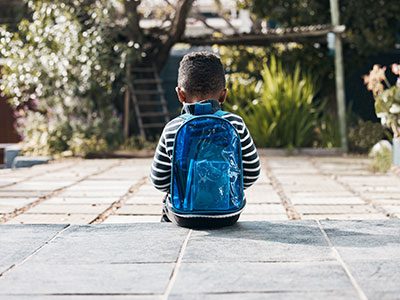

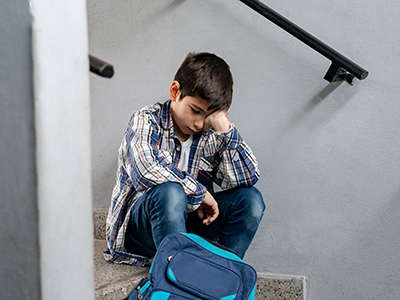

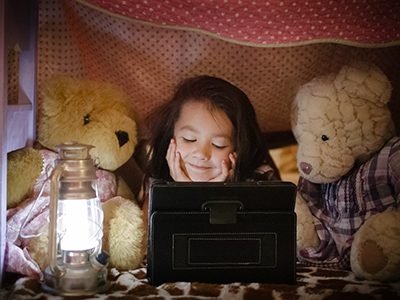




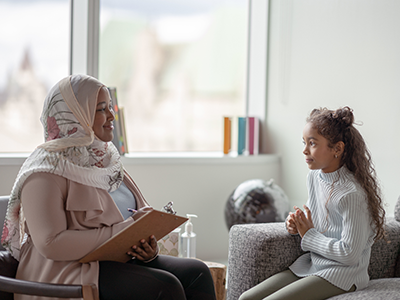



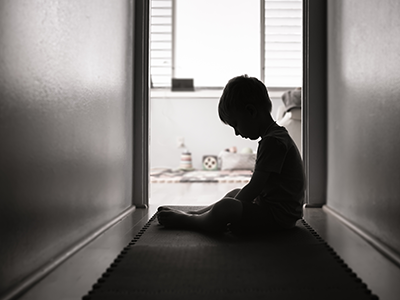
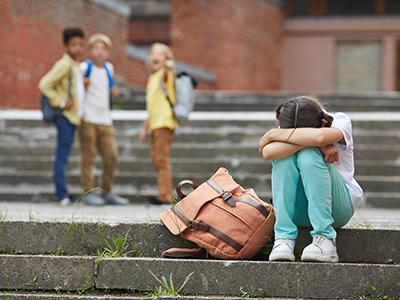
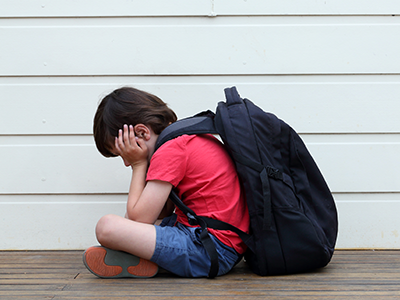

Leave a Comment
Want to join the discussion?Feel free to contribute!